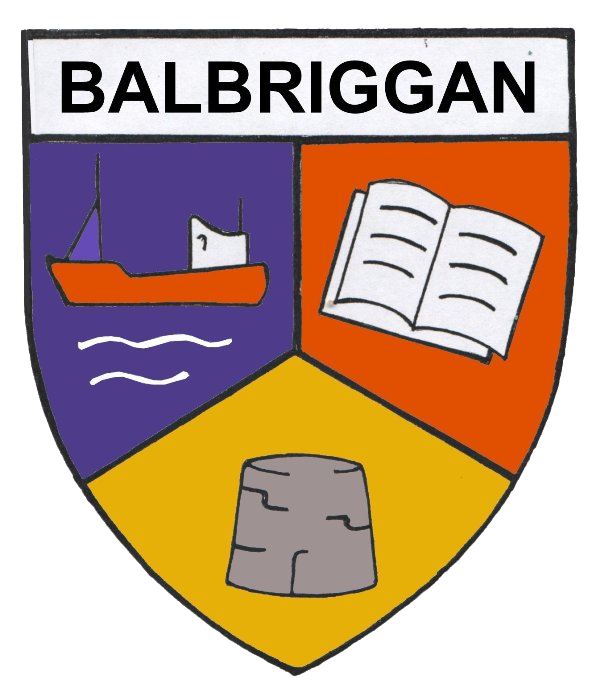Throughout the year strict assessment procedures will be applied within the subject areas. Assessment procedures will include homework, class tests and end of term Examinations. Various modules including First Aid and Mini Company may be assessed by external bodies such as the Red Cross and the Schools Enterprise Programme. Students will also be assessed through interview which allows students to develop their communication and interview skills.


